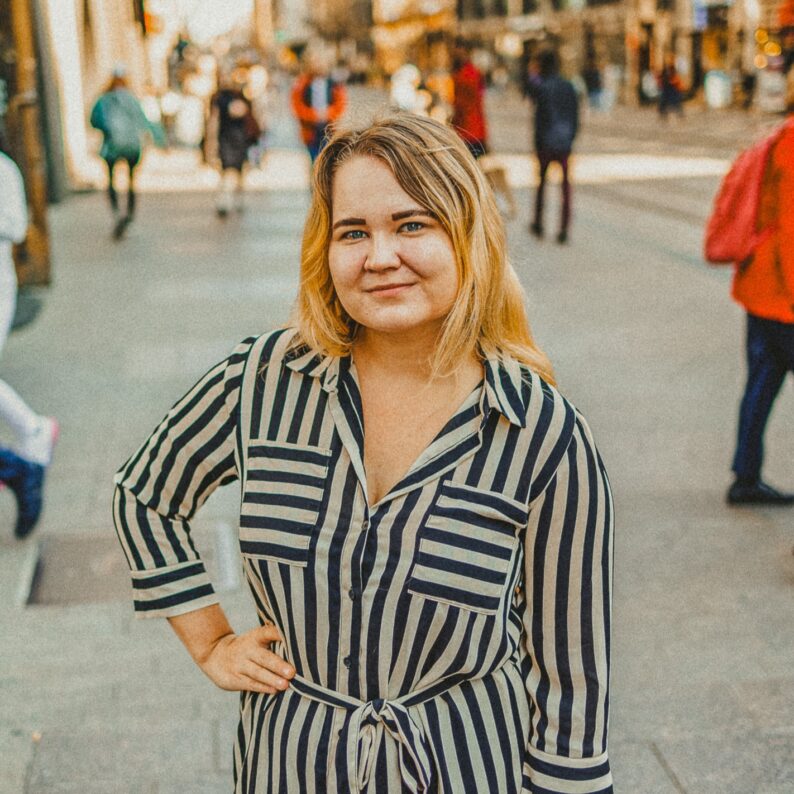


We are not just cattle
BLOG
International students are part of the debate running up to the Finnish parliamentary elections on Sunday, but unfortunately only in a very specific way and for very specific reasons. We are being made to feel like cattle, rather than people: hardly any attention is being paid to our wellbeing or to what needs to be done to make staying in Finland more than just bearable.
The position of students in Finnish society has been a hot topic of discussion, with the debated issues including the livelihood of students, the mental health crisis, and maintaining the quality of education. International students are also a part of this conversation, but unfortunately only in a very limited capacity: we are often just talked about, and rarely talked to. What is emphasised in the discussion does not make us feel welcome or appreciated, merely like a necessary lifeless tool for Finland’s future. What about goals for how we get to live during our future in Finland, both during our studies and after?
When talking about international students, this is what is brought up: the skills shortage in Finland; that ‘international experts’ are needed to safeguard the availability of skilled labour for generations to come; and that more taxpayers are needed to maintain the Finnish welfare state due to an ageing population. What we do not hear is how the candidates strive to make life in Finland not just barely bearable but a full life worth living.
Like any other group of people, international students have hopes, dreams, desires, aspirations and goals. We are not just cattle studying at Finnish institutes of higher education in order to fulfil a labour and taxpaying need. We do not just disappear into dark stables in the evening, unseen and with no other life, only to resurface for the next day of learning and working. We want to be able to access services and be treated humanely; to go out without experiencing harassment or racism; to have careers in our field of expertise despite not (fluently) speaking Finnish or Swedish (yet). We want to be not just tolerated – sometimes barely that – but welcomed, included, and seen.
It is not easy to be an immigrant. It is never easy to be elsewhere than where you are from, even if your migration happened in the most privileged of circumstances. In addition to studying, international students are getting to know a whole new country, language and culture, one very different from their own. From figuring out labels in supermarkets to learning how to function within Finnish social norms: being an international student is a constant learning process also outside of the university. The attitude of Finns towards foreigners does not make this any easier.
For non-EU students, worries over affording tuition fees and thus desperately trying to avoid any delays with studies, as well as stress in dealing with Migri and visa applications, are added to an already challenging mix. Why subject yourself to all these stressors, when you cannot even be sure of finding employment at the end of it? All of the above goes a long way to explain why 40% of international students are not sure whether they want to stay in Finland after graduation.
Therefore, I hope that everyone who can vote does so while keeping the interests of international students in mind. And candidates, when you talk about international students, talk to us about how you plan to improve our lives in Finland, not just what you need from us. Get to know us. Ask us what we need. Keep doing so when you are elected to Parliament. Voters and the new government can improve the situation of international students if they decide to, and make us a valued, respected and integral part of Finnish society. You make the decisions that make us want to stay here or not. Make the right ones.
Eugenie Touma van der Meulen (they/she)
Board member responsible for equality and international affairs



